Want to grow your wealth and achieve financial freedom? Investing is key, but knowing where to start can be daunting. These top 5 best books on investing, offer invaluable insights and strategies, making them essential reading for anyone looking to navigate the world of finance and build a successful investment portfolio.
1. How to Invest By David M Rubenstein
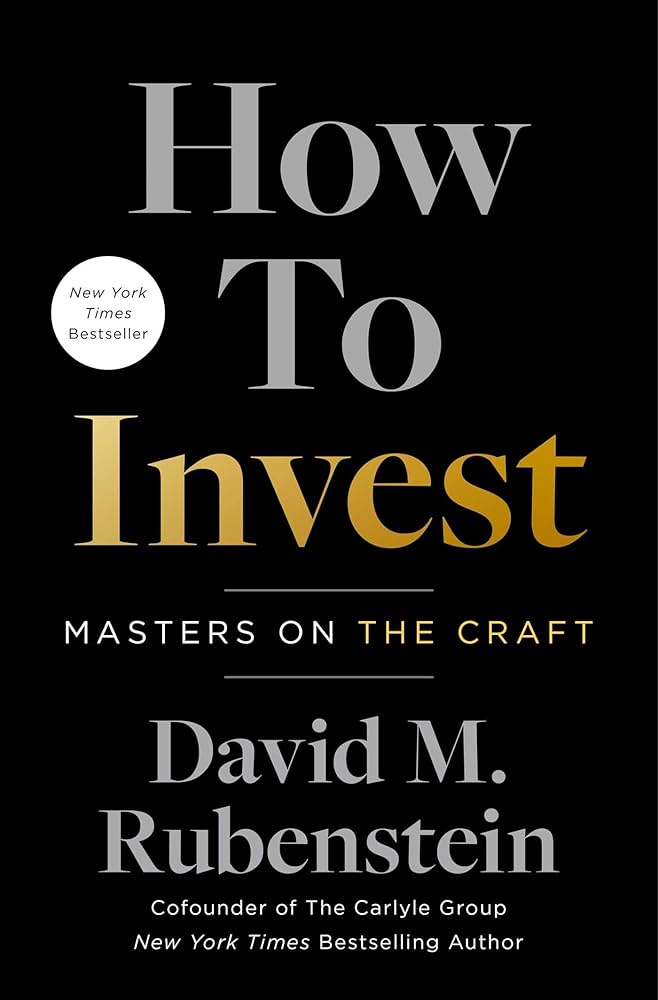
David Rubenstein’s “How to Invest” offers valuable guidance for both novice and seasoned investors. As co-founder of The Carlyle Group, Rubenstein shares his extensive knowledge in a clear and accessible style, translating complex investment concepts into easy-to-understand language. The book covers a range of asset classes, from stocks and bonds to real estate and alternative investments, providing in-depth insights into various investment strategies. Rubenstein emphasizes the importance of patience, strategic thinking, and diversification, while also acknowledging the need to adapt to market changes. Beyond traditional strategies, he also explores value and socially responsible investing. “How to Invest” is a worthwhile read for anyone seeking practical, real-world investment advice.
2. A Beginner’s Guide: How to Day Trade For A Living
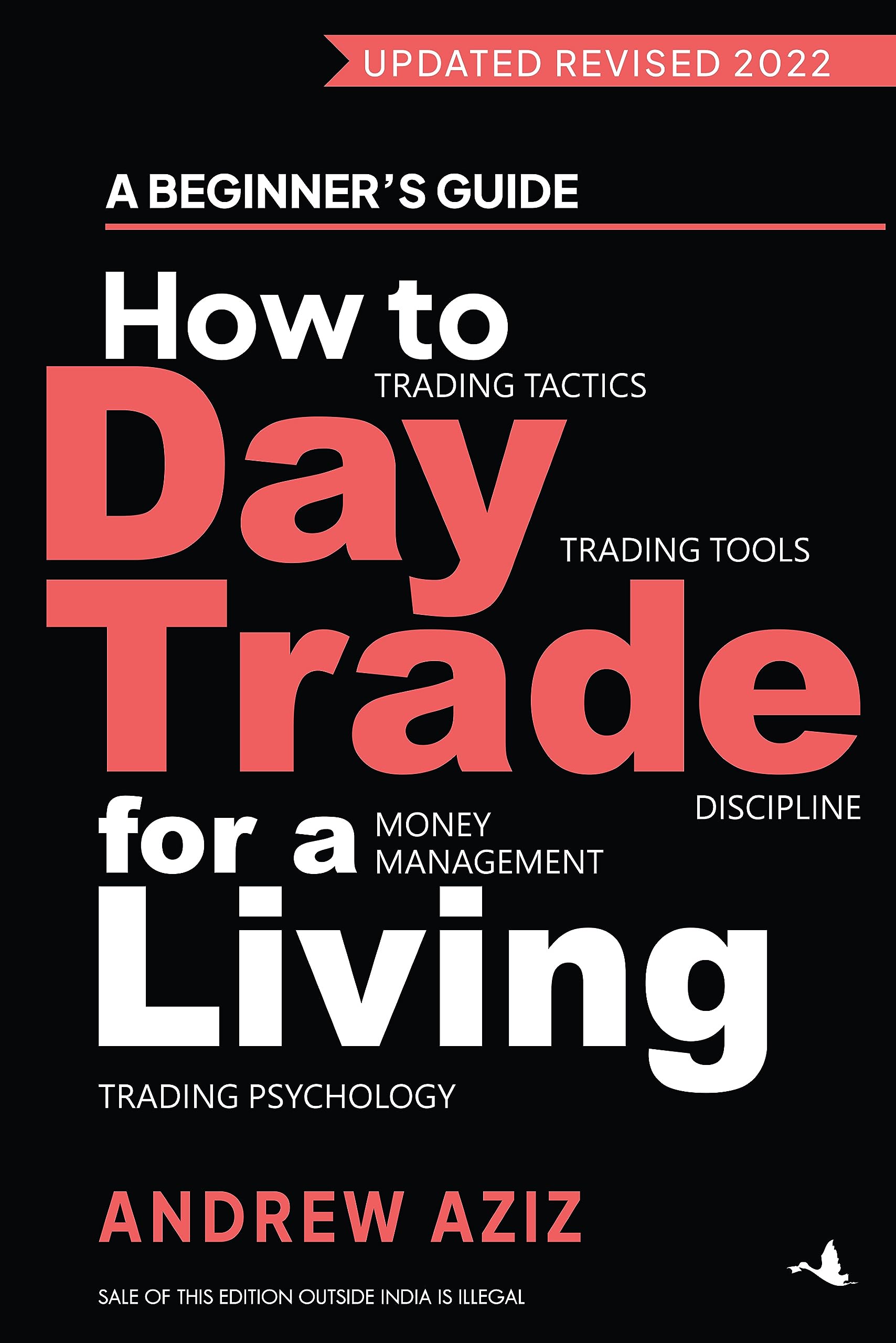
Andrew Aziz’s “How to Day Trade For a Living,” a top-rated trading guide by Business Insider and Investopedia, offers a comprehensive overview of day trading as a career. The book covers essential elements, key concepts, techniques, and risk management strategies for aspiring day traders. Aziz emphasizes building a strong foundation in areas like technical analysis, chart patterns, and indicators. He also explores identifying market trends, planning entries and exits, and managing positions effectively, while stressing the crucial role of discipline and emotional control in successful day trading.
You may also like:
3. The Psychology of Money By Morgan Housel
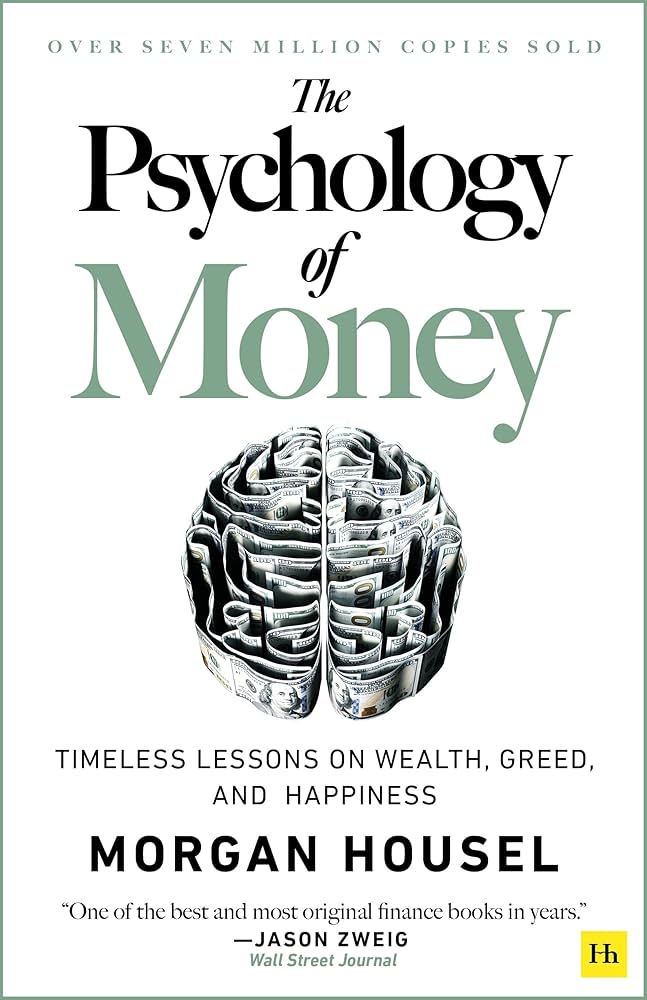
Morgan Housel’s “The Psychology of Money” explores how our emotions and behaviors influence our financial decisions. Drawing on his investing experience, Housel examines various aspects of money management, investing, and wealth building. The book emphasizes the importance of understanding human psychology when it comes to finances, highlighting how emotions like fear, greed, and impatience can significantly impact our wealth.
4. Rich Dad Poor Dad By Robert T Kiyosaki
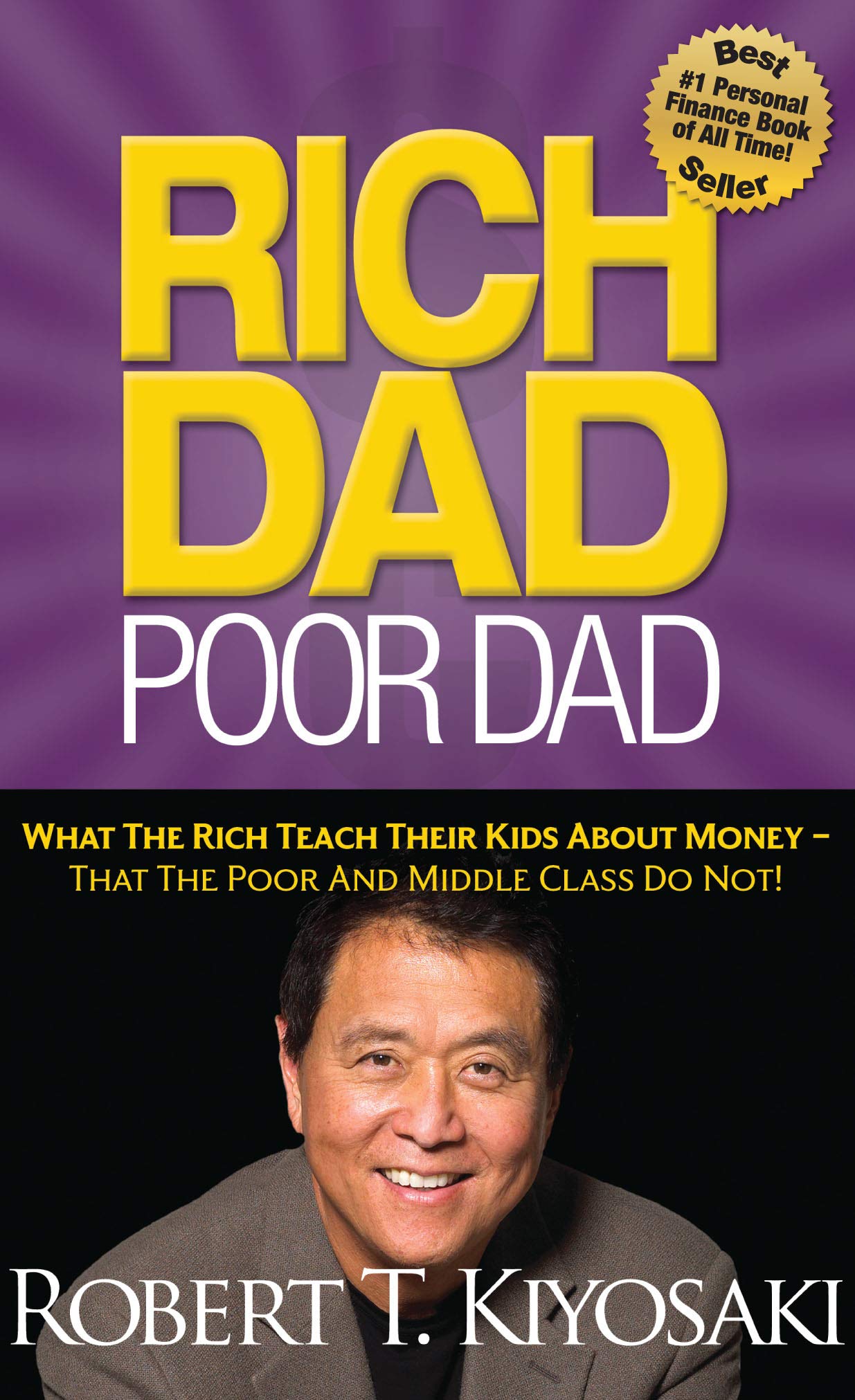
Robert Kiyosaki’s “Rich Dad Poor Dad,” co-authored with Sharon Lechter, explores building financial intelligence and wealth through business ownership and investing. Based on Kiyosaki’s life, the book contrasts his “rich dad” (his friend’s father, a successful entrepreneur) with his “poor dad” (his highly educated but financially struggling father). A massive bestseller with over 27 million copies sold in 51 languages, it has consistently ranked as a top personal finance book and appeared on the New York Times bestseller list. Despite some criticism, “Rich Dad Poor Dad” remains a highly influential book that has transformed the financial perspectives of countless readers.
5. Security Analysis By Benjamin Graham
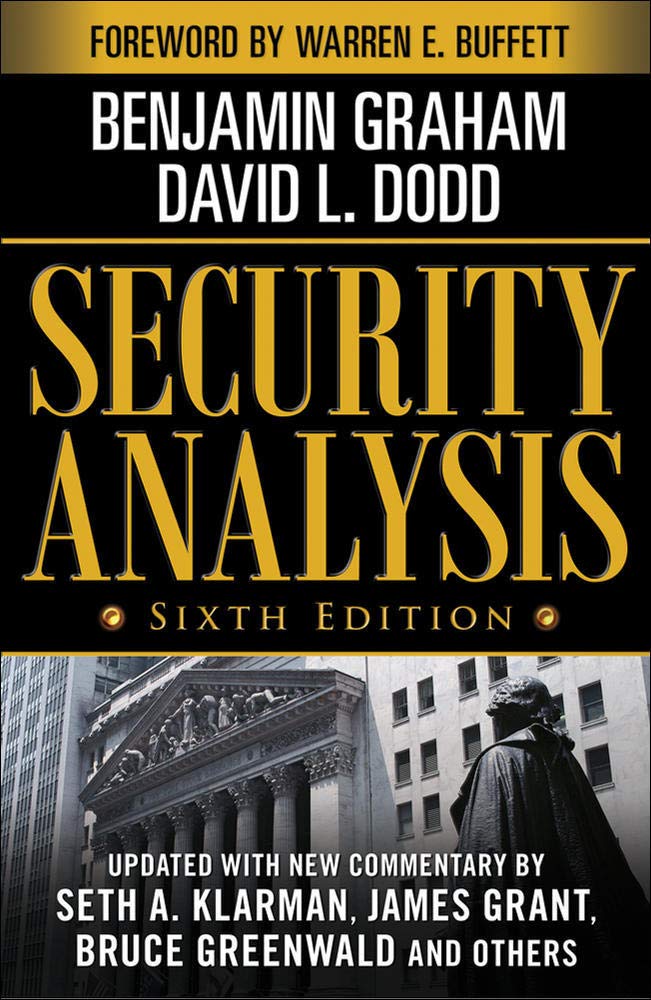
Benjamin Graham and David Dodd’s “Security Analysis,” a cornerstone of value investing, remains relevant today despite its 1934 publication. This foundational text provides the principles and techniques for analyzing securities, with a focus on stocks, bonds, and even real estate investing. It guides readers toward sensible investment strategies, emphasizing research and a structured approach to determining the intrinsic value of assets. For aspiring real estate investors, this book is a particularly valuable resource.